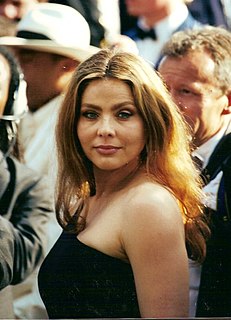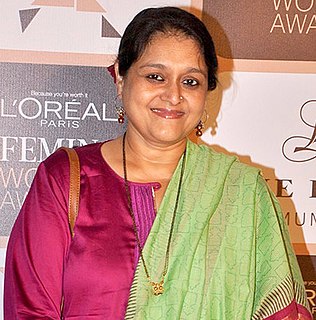A Quote by Alex North
The United States and Turkey are the only two countries that don't have some kind of subsidy for the Arts. The whole culture in society has made certain films more acceptable. I turned down so many films in the '60s and '70s.
Related Quotes
When I started acting in the film industry when I was 16 years old, in 1980, I was going to all the revival theaters in Los Angeles. They were playing mostly films from the '60s and '70s, some from the early '20s and '30s, before that Hays commission. Those films did question things a lot, and there definitely was a switch in 1934. You can see very distinctly in 1934, it's harder to understand what the real culture was. Films made before 1934, you can really kind of see the racism, sexism, drug use, etc. that was going on at that time. And then it was all stopped.
I didn't see films when I was young. I was stupid and naïve. Maybe I wouldn't have made films if I had seen lots of others; maybe it would have stopped me. I started totally free and crazy and innocent. Now I've seen many films, and many beautiful films. And I try to keep a certain level of quality of my films. I don't do commercials, I don't do films pre-prepared by other people, I don't do star system. So I do my own little thing.
As I'm sure anyone who's born after the '70s' access point is - is '70s films and '70s culture and there is a kind of a paranoiac atmosphere in that time in America. Yes, it's the golden age of journalism, Watergate, and all the rest of these people making these great breakthroughs - but it's also the moment that "if it bleeds, it leads" becomes mainstream and sensationalizing the news becomes more and more the given. Checking how many numbers you're getting, whatever you can do to get more numbers.
The 60s were a continuation of the 50s much more than people realized. Certainly in some countries, like Britain, there was still a culture of deference, whereas in the 70s we really are in a time of angry transition. The generation that came into young adulthood in the 70s couldn't find jobs; that wasn't true in my generation. They entered a time when two depressing things hit them both at the same time.
I made so many films I thought were great and they turned out horrible, and I made films I did not believe in at all, and 'Shadow Of The Vampire' was one of these films I did not believe in during the shooting. And then when I saw it I was surprised what they had made out of it. They edited for quite a long time.
There's a thing I really mind hearing, when someone says: "That's not my kind of film, I don't want to go and see that..." I don't believe that, I don't believe that it's possible to write off a whole genre of filmmaking - "oh I don't like subtitled films", or "I don't like black and white films", or I don't like films made before or after, a certain date" - I don't believe that.
I think I entered the market around the time when there was getting to be less snobbery about the difference between feature films and television. I think there's been a lot more receptivity on television to interesting adult stories that in the '60s and '70s would have been made into feature films. I have no problem jumping back and forth. If anything, I find it less restrictive working in television.
So much of the United State's political relationship with Israel is based on culture. Israel is the only Westernized culture in the region and the Middle Eastern countries bordering Israel are Arab, which is a totally different society. Even though Israel doesn't exactly feel like the United States, by comparison to its neighbors it's very Western.







































